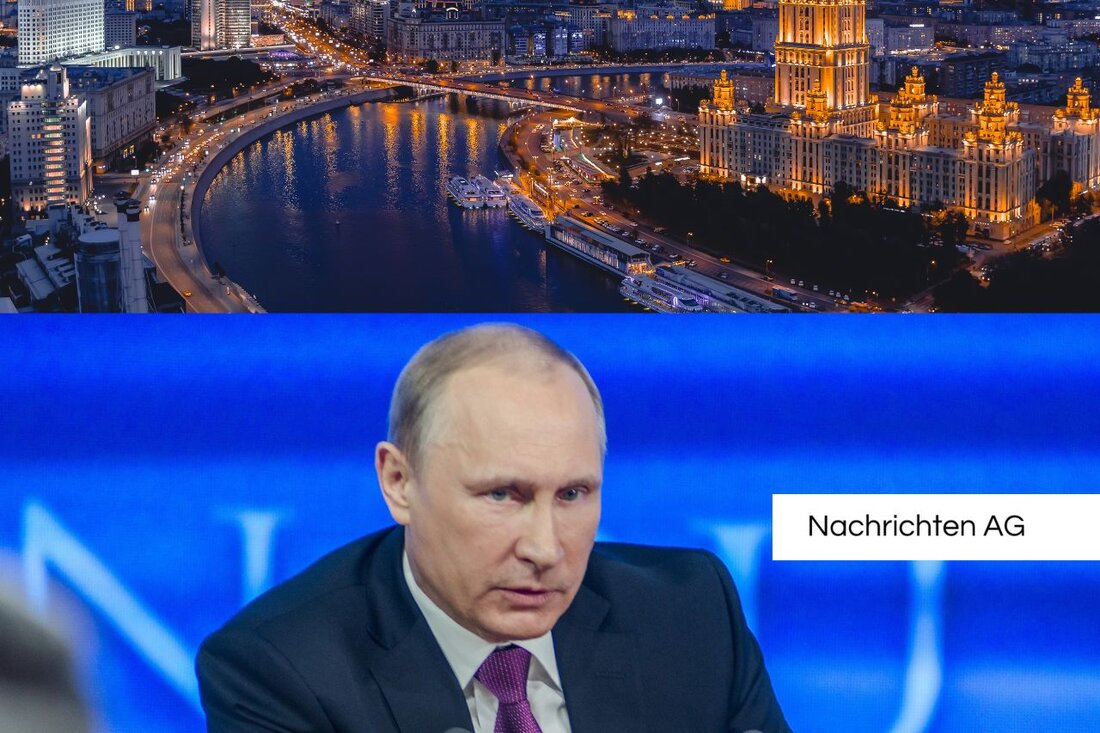Africa in focus: How geopolitical power games are changing the media landscape
The TU Dortmund is starting a research project on geopolitical influence in Africa, funded with 300,000 euros.

Africa in focus: How geopolitical power games are changing the media landscape
In recent years, geopolitical shifts in Africa, compounded by the intervention of powers such as Russia, China, Turkey and Gulf monarchies, have significantly influenced the region's security and development policies. These influences manifest themselves in economic cooperation, military support and also in the media. A research project led by Prof. Susanne Fengler, funded by the Daimler and Benz Foundation with an amount of 300,000 euros over three years, aims to examine this external influence on the African media landscape in more detail and to create a differentiated awareness of geopolitical challenges. Fengler works with scientists from countries such as Uganda, Burkina Faso, Ghana, Kenya, Malawi, Nigeria and Tanzania to analyze the changes in reporting caused by interventions, particularly from China and Russia.
The aim of the project is to promote intra-African debates about democratic standards and to develop concrete recommendations for action for various regions of influence. Exchange platforms in the form of conferences are planned where scientists, media professionals and public representatives from both Africa and Europe will come together. This corresponds to the request for international recognition of the growing scientific and political importance of African countries.
Geopolitical rivalries and European reactions
The geopolitical rivalries between the West, Russia and China are increasing Africa's relevance to the international community, especially Europe. An example of this is the panel discussion on September 5, 2023 in Brussels, which dealt with the topic of “Africa between West and East” and the influence of the Wagner Group. This private military company has established itself as an important tool for Russian influence in Africa and is active in military, propaganda and economic areas. Despite the uncertain future of the Wagner Group following the death of its boss Yevgeny Prigozhin, there are so far no signs of Russian troops withdrawing from Africa.
The second Russia-Africa Summit, held in St. Petersburg on July 27-28, 2023, was a platform for Russia to consolidate its narrative on cooperation with African states. Interestingly, only 17 out of 54 heads of state attended the summit, underlining the African representatives' sense of independence. Research results from Dr. Jakkie Cilliers presented during the event highlighted Africa's opportunities in the areas of intra-African trade, agriculture and digitalization.
The EU response to the challenges
The European Union has recognized that the continent of Africa is a crucial partner, especially in view of the 2020 EU-Africa Strategy, which aims for a “partnership of equals”. In order to do justice to this strategic vision, Brussels wants to support African states through official development assistance and strengthen their voices in the international system, for example within the G20. However, given current challenges, such as BRICS expansion and the political upheavals in Niger, it is essential that the EU adapts its foreign and development policy to the dynamically changing situation.
It is becoming increasingly clear to European policymakers that Russia cannot offer Africa a viable long-term offer in the areas of security and economic development. The EU should therefore more systematically integrate its strategies for promoting security and economic development in Africa and also rethink communication strategies.
Developments in Africa are not only crucial for the continent itself, but also have far-reaching implications for geopolitical structures worldwide. Researchers like Prof. Fengler contribute to developing a better understanding of these complex relationships and finding solutions based on them.

 Suche
Suche
 Mein Konto
Mein Konto